Pastor Ed's Excellent Adventure in Turkey - Dogubayazit
- Ed Top

- Aug 20, 2021
- 5 min read
Updated: Mar 26, 2022
Bitlis, Tatvan, Ahlat were towns of comfort and refuge for me - actually, the whole Anatolia region was (with their 1,500-year-old tombs and their 3,500-year-old stone/mountain apartments) . . . and, so, leaving the homes of the Kurdish families felt rather odd, knowing I’d never see them again. Many of these people haven’t traveled a 100-kilometers from the place of their birth.
But it was time and the next place in my imagination was further east, a dot on the map – a place I still can’t pronounce – Dogubayazit, on the road to Iran.
It was a 5-hour crowded, smoke-filled, bus-trip that I’d like to erase from my memory stick as I got sick through mountains - lost a good dinner, well, a so-so dinner - arrived at 8ish pm in a deserted Dogubayazit bus depot, panting for fresh air, 3-kilometer on the outskirts of town.
After sitting for 20 minutes, asking myself basic questions like, “what’s your name”? “how many fingers”? and always answering correctly - I walked towards the brighter lights with my 35-pound freight on my back and kept reminding myself that there was no agenda – no time commitments – no stress . . . to simply reflect on the moment and, if that didn’t work, to puke off to the side of the road, into the nether-regions of the polluted ditch.
But, allow me to take you back an hour on that corrupt bus; about 40 minutes from that ghostly/ghastly bus depot. Rounding another beastly corner at 90 kilometers an hour, I had the strength to open my eyes as my leaning head bounced off the glass-window to the left of the seat. And I witnessed the most amazing sight . . . it aroused me enough to grab my camera – always at the ready – regardless of what’s coming up my nose from my stomach.
It was one of the most vibrant rainbows I’d ever seen. Most rainbows I’ve witnessed in the past are some four miles away and leave me completely baffled as to where the end is and that pot of gold.
This one felt as though I could throw a baseball over it and determine exactly where to dig. Hard to see on the picture but there were some eight distinguishing colours and despite the odour coming from my mouth I had to smile.
I would have said something like “there is a God”, but I didn’t have the strength . . . nor have I been trained to talk like that. Perhaps I’ve trained to think like that but my skeptical mind is getting all scientific on me lately.
But maybe for a few seconds I got to experience how Noah and his brood may have felt seeing that sign of hope as their ark touched down - just up the road . . . literally UP the road.
Mt. Arafat is like The Matterhorn in Switzerland. It dominates. It’s the boss. It scoffs at the pretenders. It says, ‘In your dreams’ – you get the picture.
I’ve been here now for three days and it appears bigger or smaller every four hours, nearer or further - depending on the atmosphere and how well I’ve cleaned my lenses that morning. The clouds brimming over it always tell a different story. Around here, no one notices the mountain, not unlike when we cruise past the pictures in our living rooms, having nailed them into place so carefully eight years before.
Again, there’s so much to say about this city . . . I slept the first 30 hours - off and on . . . real lonely time. I always feel so alone when I’m ill and this time was as difficult, perhaps more so. I went through a wave of feeling uncared for, feeling quite sorry for myself in my delusionary states of ‘upheaval’. How one craves for health in those moments!
But then I began to walk . . . and walk. Even at 70%, I force myself. In every city, I saunter to see the shops, fruit-stands, sidewalks, ‘homes’ and lanes.
I want to be able to know where north and south is, how the main streets work; essentially, I want to be able to be spun around ten times blindfolded, and then released and know exactly where I am in three minutes. (Might want to read that sentence again.)
It’s almost a pathetic, nervous anxiety for me. I’m uncomfortable until I know precisely where I am.
I believe after three days I know the Kurdish city of Dogubayazit fairly well, having paraded myself 40 kilometers into many alleys and around dozens of blocks of apartment complexes.
And having Mr. Arafat around as a guide helps out too.
On one of those days I caught a mini-bus up to the Palace, constructed in the early 1700’s. It’s approximately seven kilometers up the road - but not towards Mt. Arafat. Arafat is east . . . the palace is in the south mountains.
I took some pictures from up there and you can see the whole of the city from there. It’s difficult to exaggerate the marvel of this construction. Made of marble (abundant in Turkey) it’s as solid as a . . . well, as a mountain.
Short notes –
1) I’ve taken a picture of the main intersection of the city . . . do you notice something?? What’s missing? It took me two days to see it . . . or not see it.
There are NO traffic lights anywhere in the city. It’s a free-for-all with the vehicles owning the road – pedestrians beware. The loudest horn wins the day. (It’s population is the size of Red Deer.) I haven't even see a stop SIGN!
2) Tip of the week: When travelling to different countries, avoid renting a room next to a mosque . . . at 3:30 the praying over the loud speakers begins every morning – lasts for five minutes . . . the gigantic speaker, next to my window. I couldn’t get back to sleep and read till 5. Tonight . . . the same - crapola! Another drowsy day tomorrow.
3) Men smoke and smoke in this country . . . every bus, every hotel room, car, taxi . . . it’s like the 1970’s in North America because Kurdish men don’t drink or gamble or do drugs (or work much) . . . more than one has said to me “Smoking, Good!” Smoking and Tea.
The lines at the government post office are extraordinary. Takes hours to mail anything. (I tried to take a picture of the line-ups.) I had to mail something to Canada (three 100-year-old hand-made scissors) but, fortunately, a friend had a former landlord working at the post office and he snuck it in for me. (Incidentally, you never know when a 100-year-old pair of scissors will come in handy.)
4) Garbage is stockpiled everywhere . . . two blocks off the main street I took this shot of cows prancing in the water channel, hoofing through the garbage to get to the weeds. Plastic everywhere. We teach each other how to love our cities.
I’m going to leave it there . . . next time I want to concentrate on the people who’ve guided me, who’ve made impressions on me . . . largely, Kurdish shop owners, students, families who have reached out. Occasionally I remembered to take pictures of them.
I’ve not included them this time because . . . it’ll get too long. But each person/family blends into the daily travels of the past three weeks in Kurdish country. Next time . . .
Last: I’ve been corrected many times when I refer to ‘Turkish’-this or ‘Turkish’-that . . . these folks are adamantly Kurdish. “Kurdish, not Turkish” they say again and again. It’s taken me far too long to not be able to tell the difference.
There are at least four oppressed groups here and the Kurds are the largest of those groups. The stories are heart –breaking.
Please forgive my spelling and grammar.


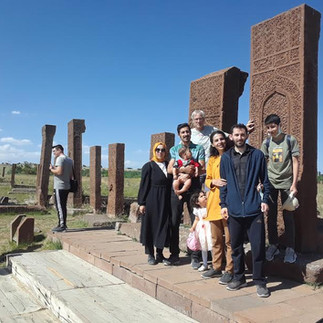
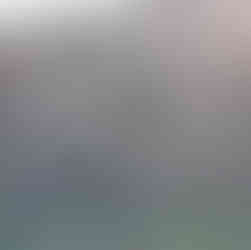



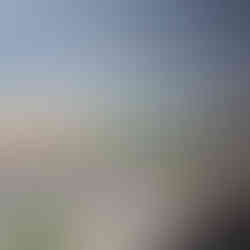

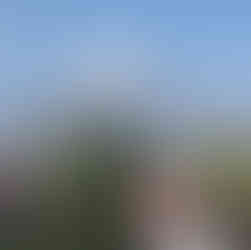






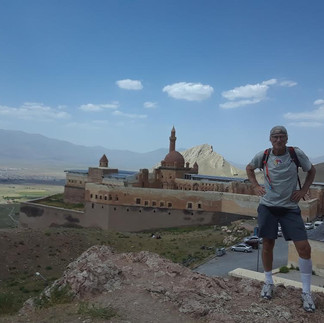

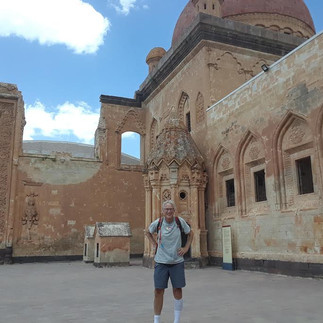
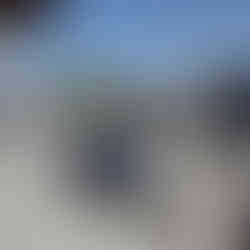

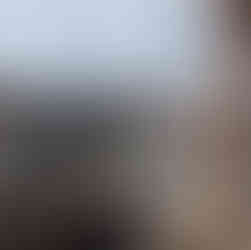

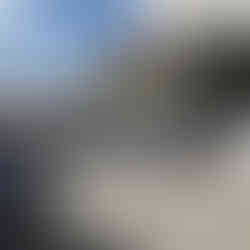

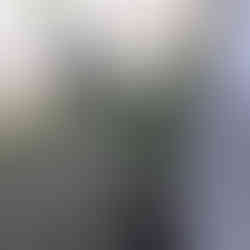




Comments